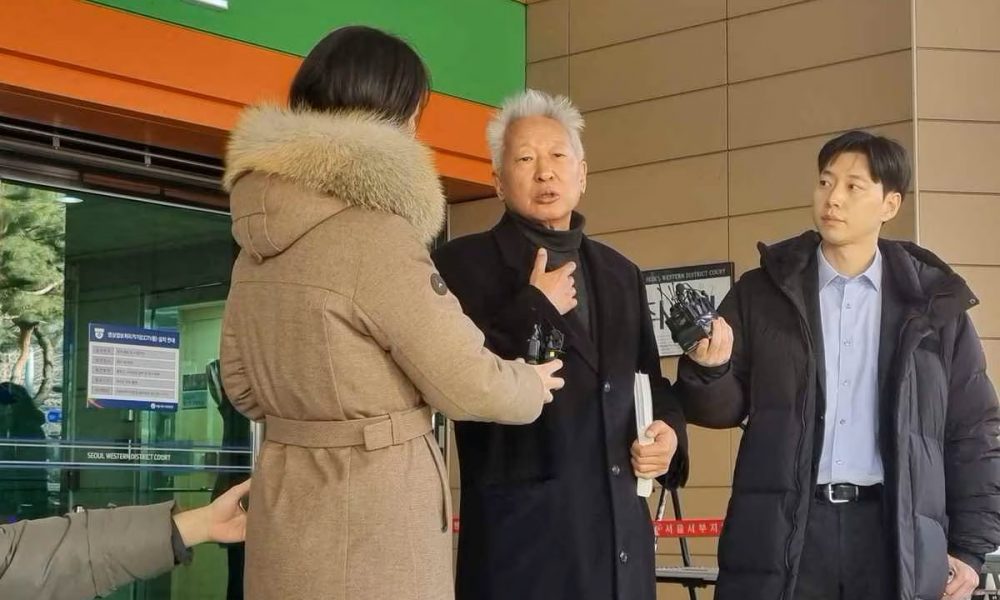
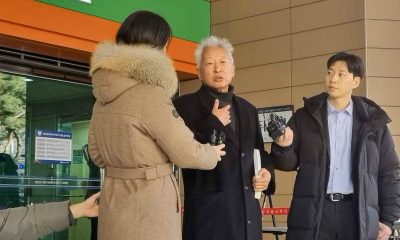

"Please accept the uncomfortable truths of the Japanese colonial era head-on. The truth is the truth, even if it's unbearable," said Lew after the court ruled.
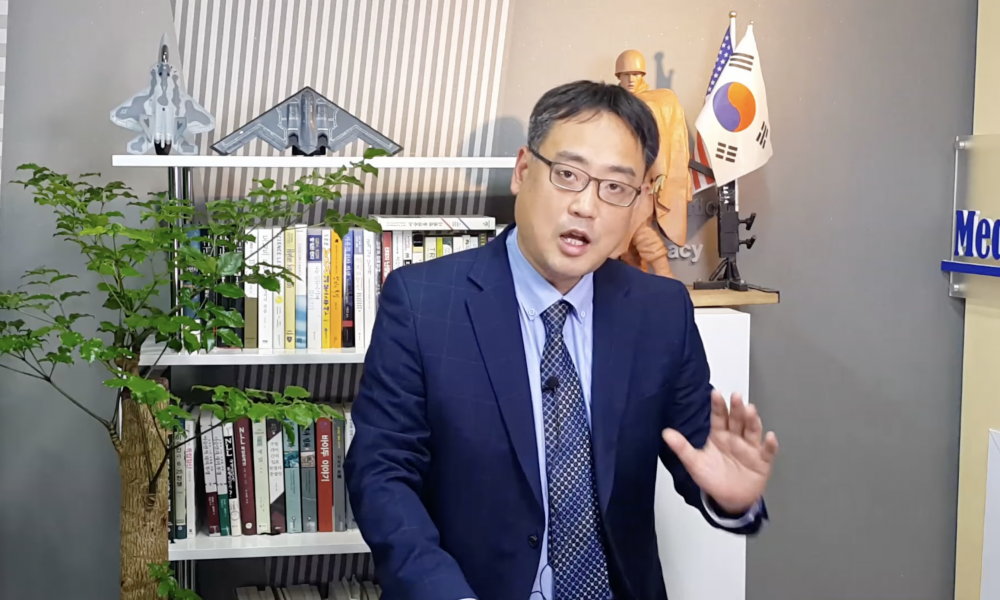
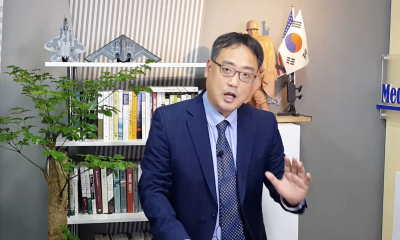

MediaWatch founder Byun Hee-jae says that scholarly rebuttal is the standard practice in academic debate — not weaponizing the media and law to stifle dissent.
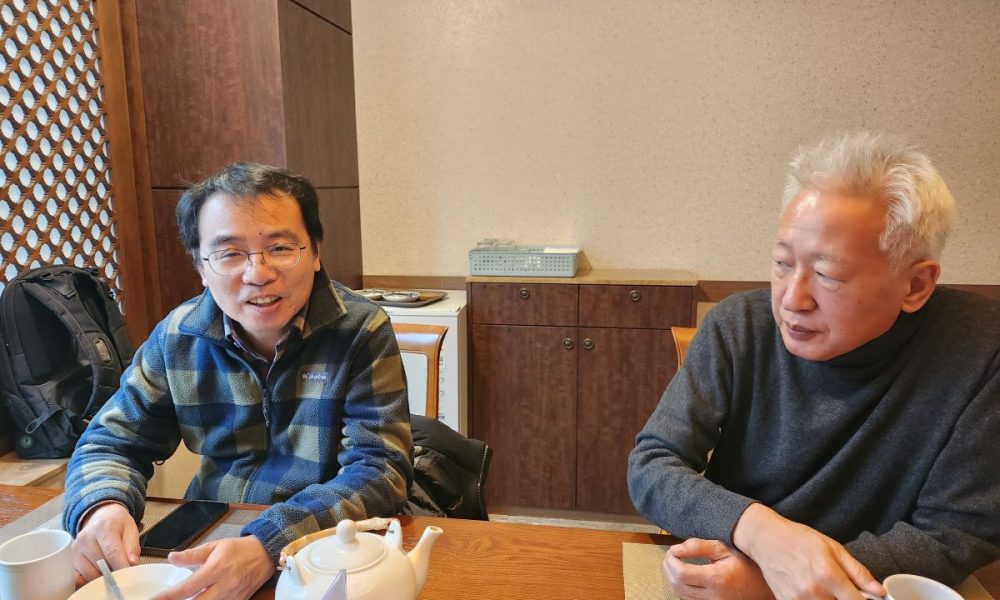
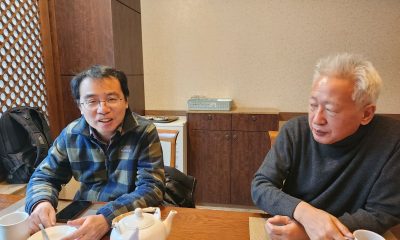

South Korean scholars Lew Seok-Choon and Lee Wooyoun discuss shifting perceptions on the comfort women issue and the court case against Professor Lew.
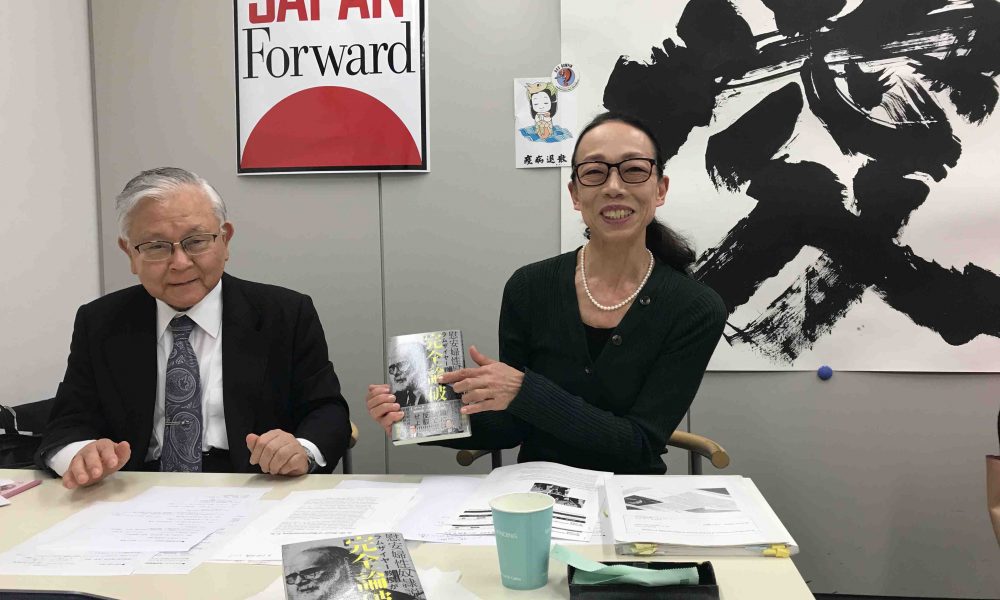
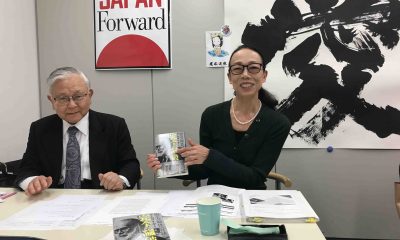

In an interview, Nobukatsu Fujioka and Yumiko Yamamoto discuss J Mark Ramseyer’s new book on comfort women, recently translated into Japanese and Korean.
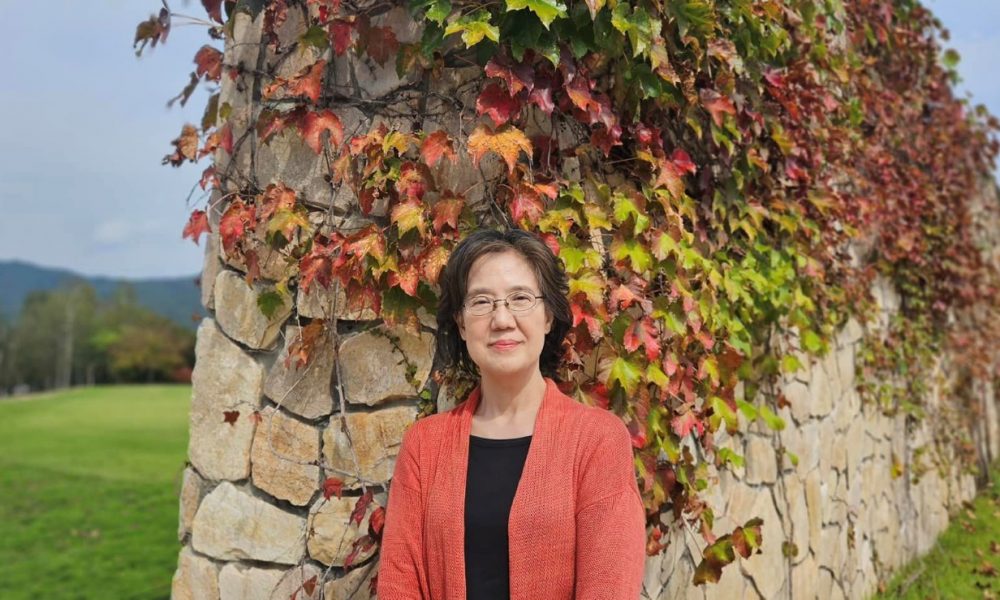
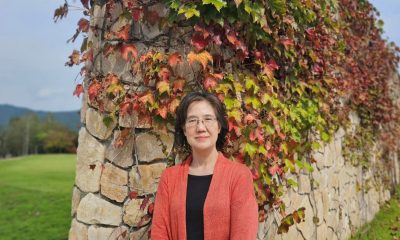

"Today's ruling is about whether freedom of thought is guaranteed in South Korea," said Park Yuha, adding that her fight is not with the living comfort...
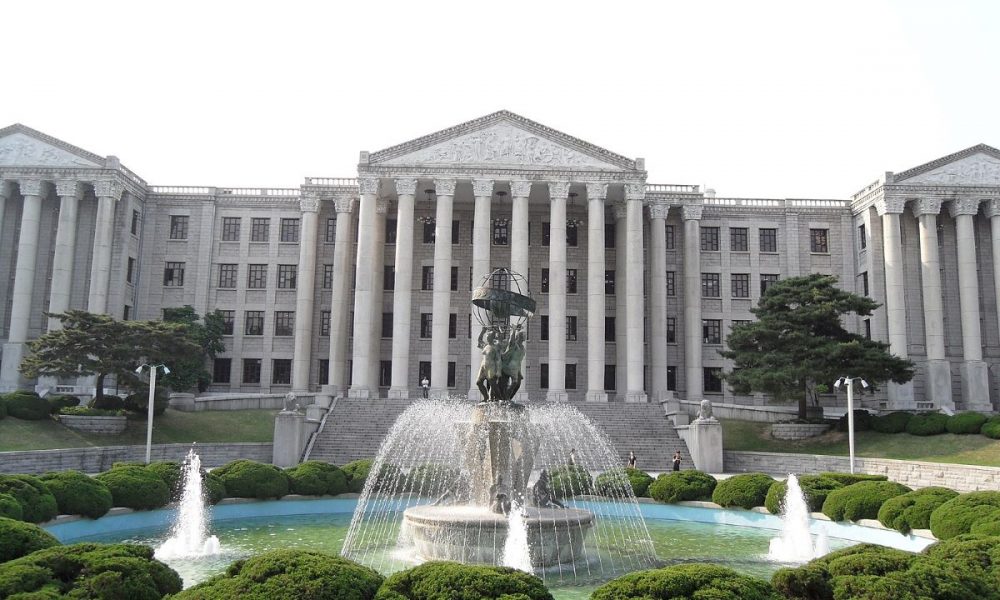
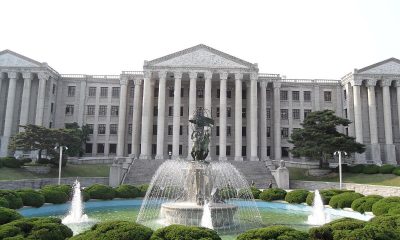

South Korean philosophy professor Choi Jung-sik is the latest academic to catch the attention of the ideological police in South Korea for non-conforming views.
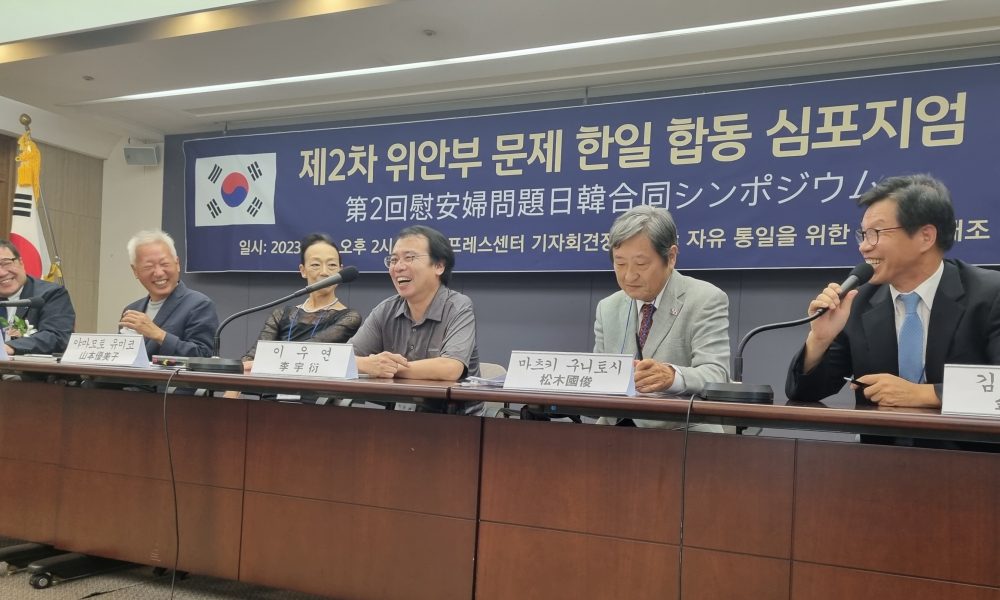
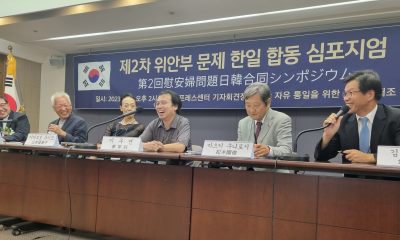

Scholars and activists from Japan and South Korea held a joint symposium to review the evidence and expose falsehoods spread globally about the comfort women.
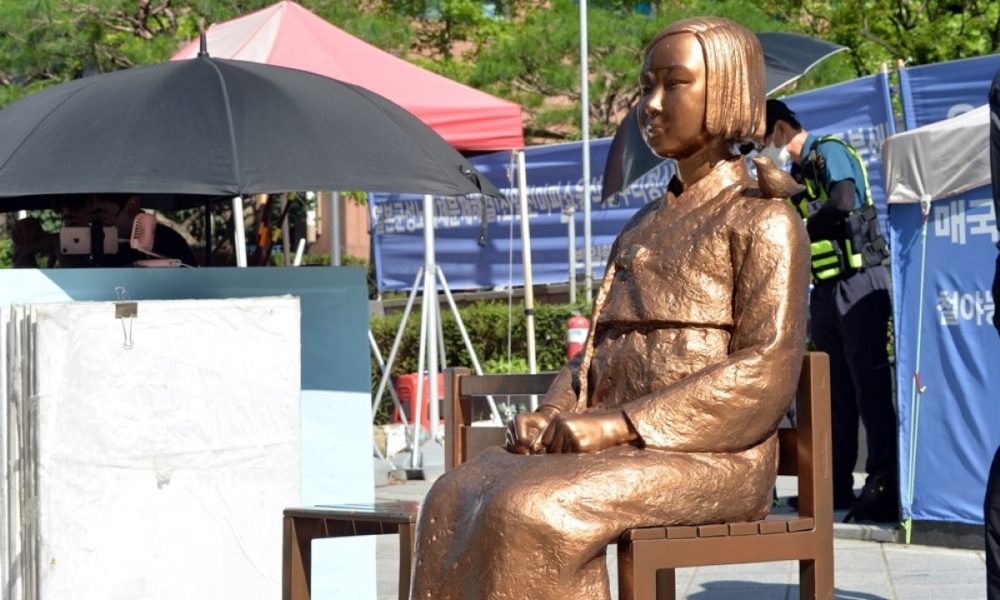
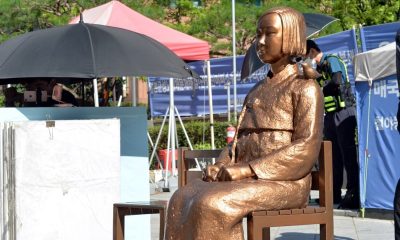

Bilateral relations are better, but the comfort women issue remains divisive within and between Japan and South Korea. Allowing open debate is the way forward.
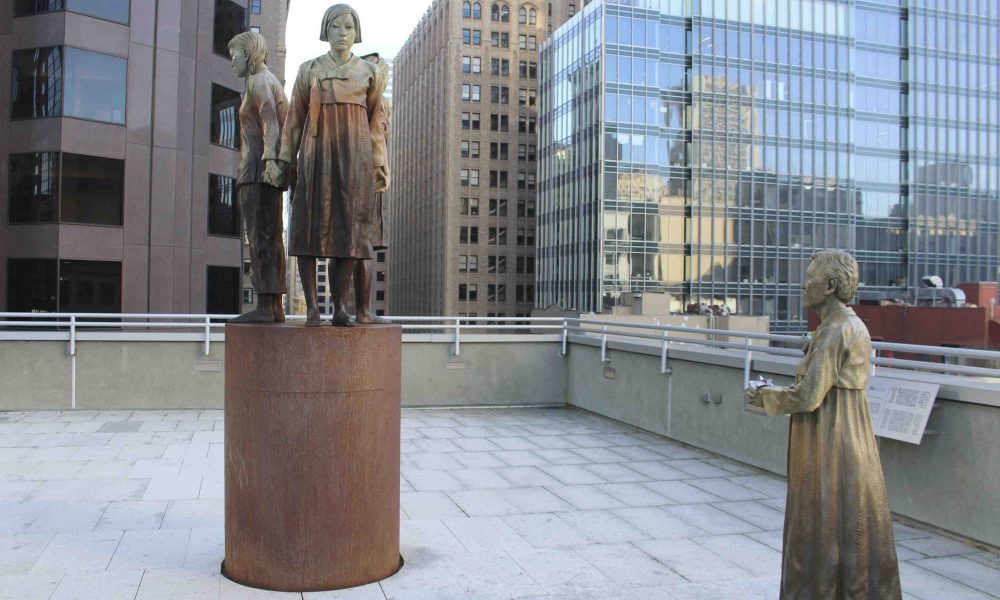
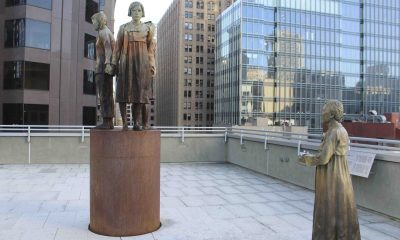

While American elites grandstand about the comfort women, free and open academic inquiry on East Asian history elsewhere is uncovering the uncomfortable truths.
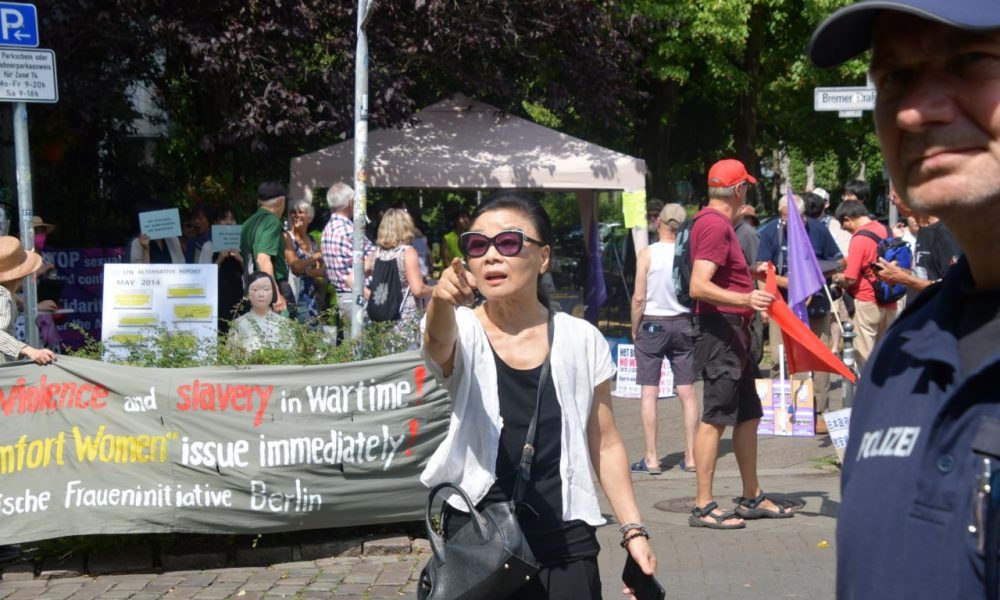
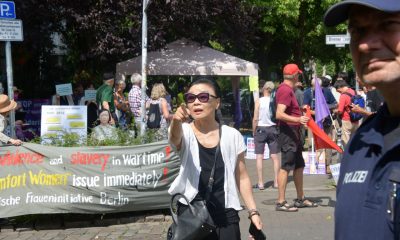

The facts of the comfort women history are sometimes uncomfortable, which makes the issue all the more deserving of free and open academic inquiry.
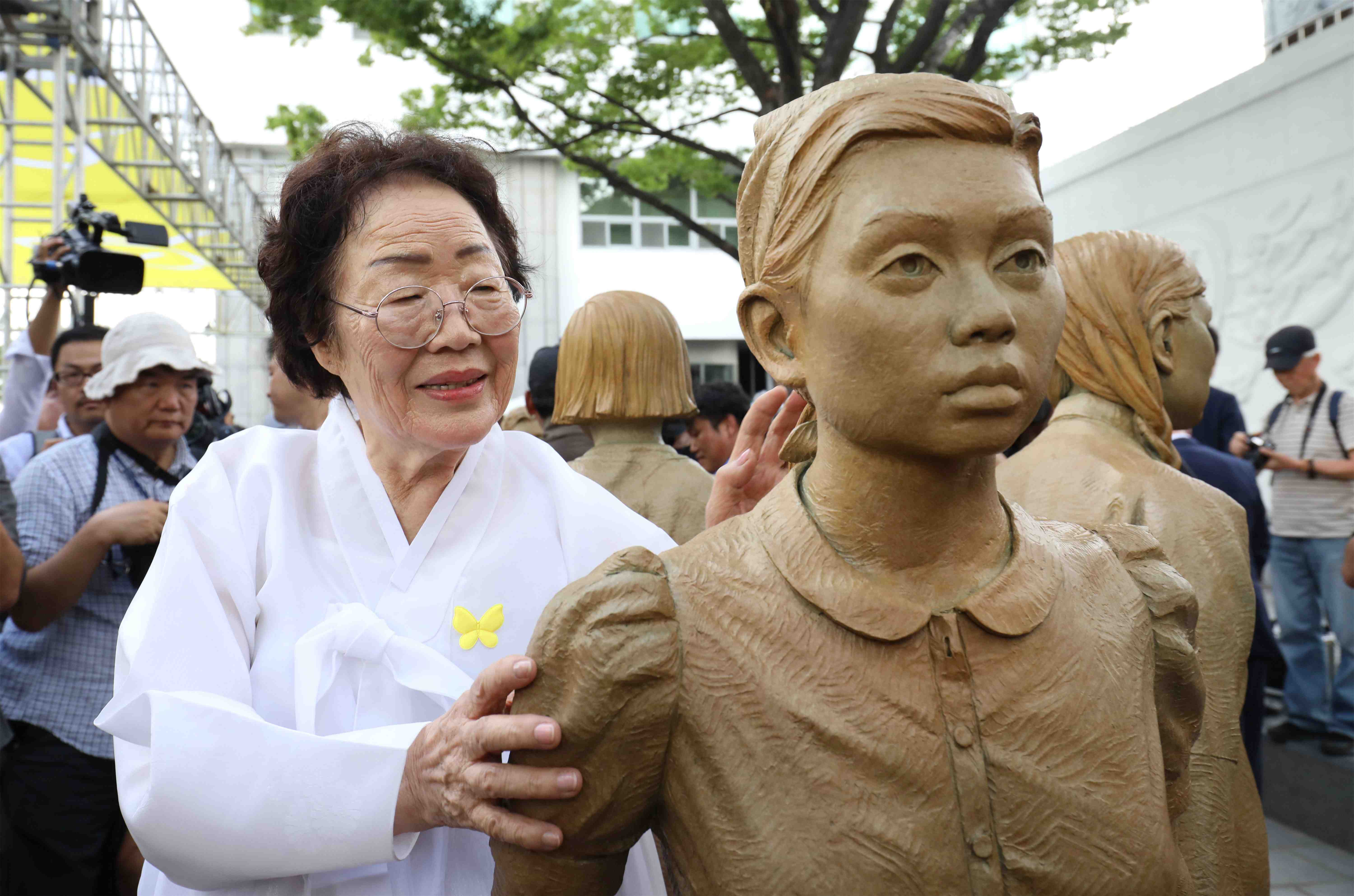


Few historical subjects have encountered such resistance to academic inquiry and free speech as the comfort women issue. As we report, that is finally changing.
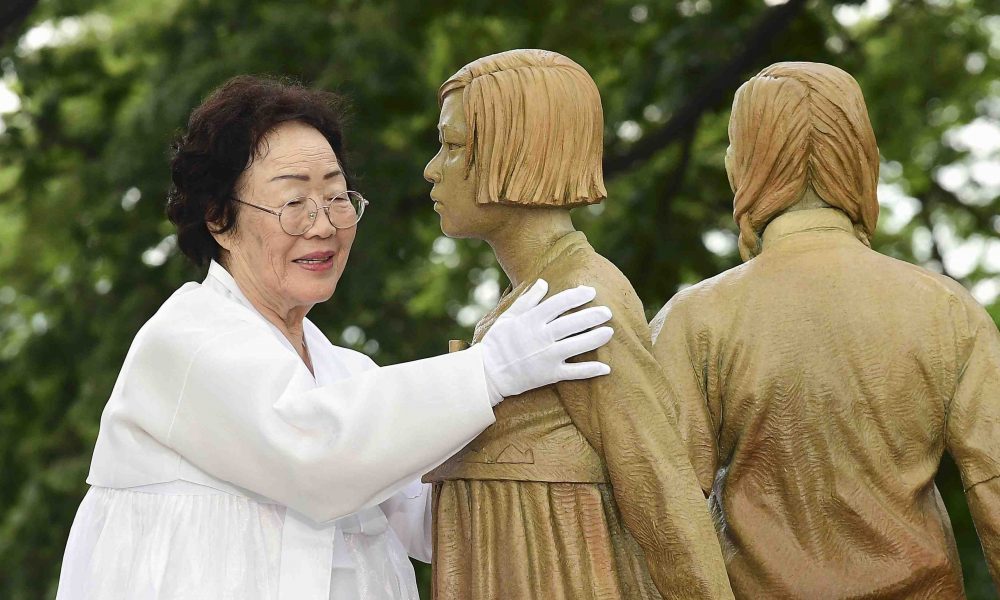
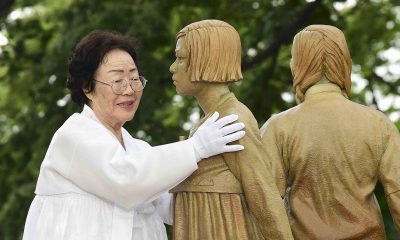

To find the truth about the comfort women, there must be critical, fact-based discussion from different perspectives, say participants in a recent online event.